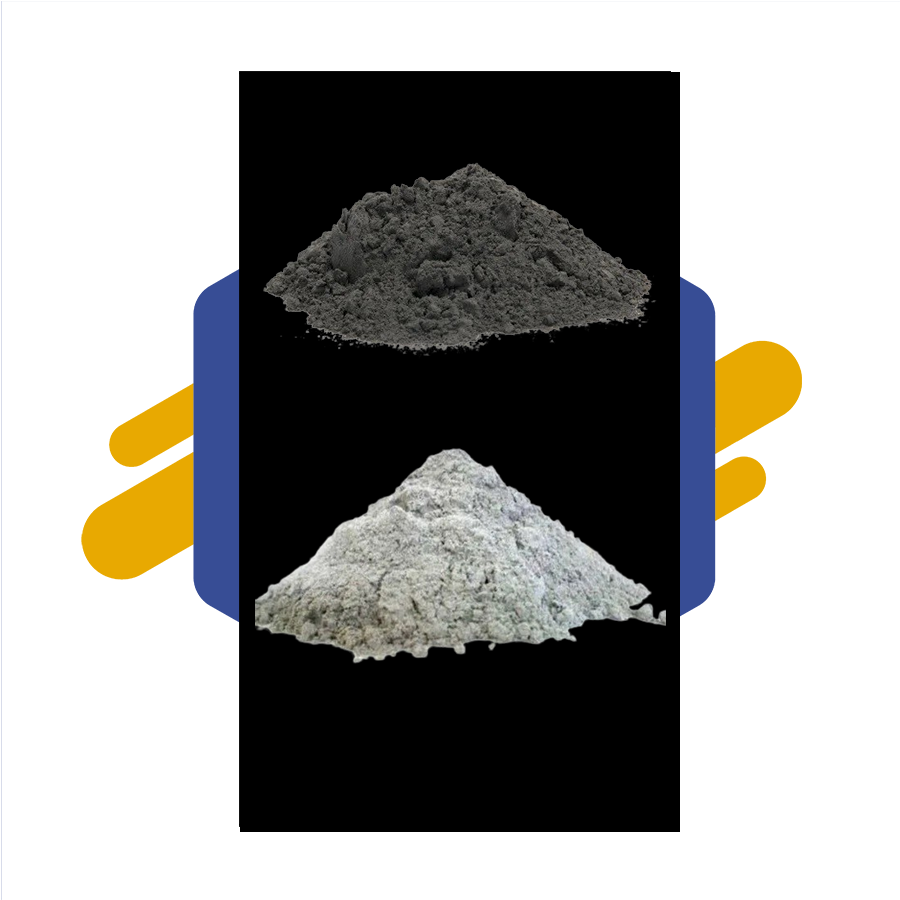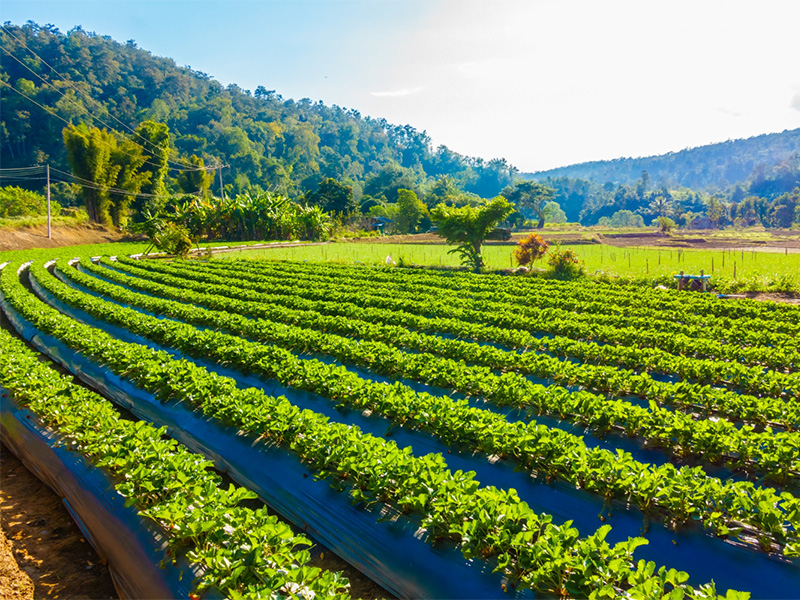Fly Ash

Fly ash is a fine, powdery material that is produced as a byproduct when coal is burned in power plants. They gather it from the exhaust fumes prior to their release into the air. Fly ash is often recycled in numerous sectors now instead of being lost due to its special attributes. This byproduct is abundant in minerals including silica and iron which position it as a vital additive in various production methods.

Main Characteristics of Fly Ash

Fly ash has several key characteristics that make it highly desirable for industrial use:
Fine Particle Size
The tiny fragments in fly ash are almost as delicate as cement. This fine texture allows it to fill the gaps between larger materials, improving the density and strength of the products it is mixed with.
Pozzolanic Properties
By mixing with water and calcium hydroxide, fly ash develops properties similar to cement. With the substitution of partial cement for fly ash in construction processes stronger and more durable buildings are produced.
Lightweight
Even though fly ash is dense, it remains lightweight. Transportation and blending with different substances become simple without increasing the final product's weight.
Environmental Benefits
By using fly ash as a byproduct of coal burning, you lower the waste sent to landfills. Using fly ash for construction and production lowers the demand for raw materials and supports sustainability
Uses of Fly Ash in different industries

Various industries utilize fly ash widely because of its adaptable characteristics. Here are some of the key areas where fly ash is used:


Construction Industry
In the construction field fly ash plays a vital role especially in making concrete. In concrete mixes fly ash commonly replaces some of the cement. This leads to a lower need for cement and boosts the durability and strength of the concrete. Fly ash-enhanced concrete structures bear up against extreme temperatures and resist water and chemicals.


Road Construction
In road construction, fly ash is used to improve the stability of the soil and reduce the amount of raw materials required for road base layers. This makes roads more durable and reduces the overall cost of construction. Fly ash is particularly useful in areas with soft soils, as it helps to strengthen and stabilize the foundation of the road.


Agriculture
In farming practices fly ash serves as a supplement to the soil. This material's content of minerals can alter soil texture and boost drainage while offering necessary nutrients including calcium and magnesium. To improve crop yields on inadequate soil types farmers frequently add fly ash to enhance fertility.


Manufacturing Industry
Within the manufacturing realm fly ash is integral to making ceramics and various building products. The small particles enhance surface quality and boost the strength of the end results. In paints and plastics manufacturing processes, fly ash acts as a filler enhancing the strength and quality of the finished item.
Fly ash has multiple uses across construction fields and agriculture alongside manufacturing. This material helps industries seeking to increase their product quality while promoting sustainability due to its fine texture and pozzolanic qualities. At Sudarshan Minerals our goal is to offer exceptional fly ash that addresses the needs of multiple sectors. Our commitment to quality gives companies confidence in us for supplies that improve efficiency and promote sustainable methods.
When you opt for fly ash supplied by Sudarshan Minerals you receive an excellent resource while aiding environmental efforts.

